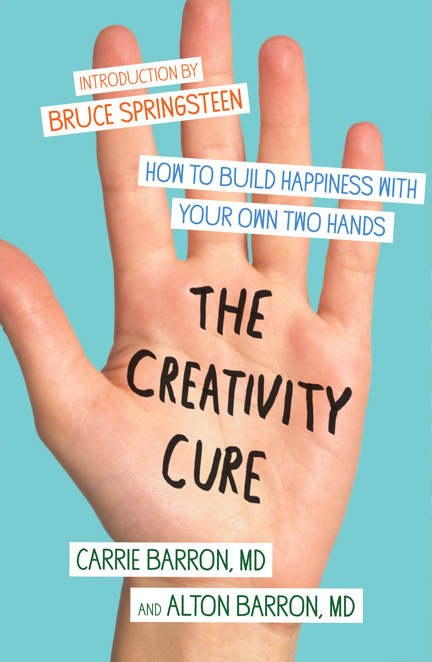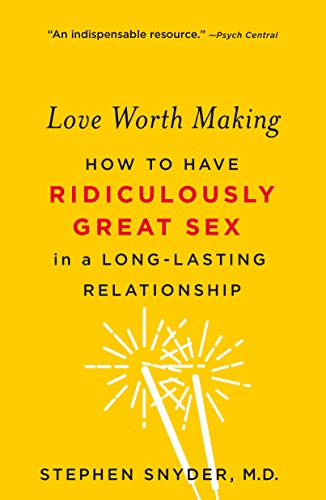We’re chatting again with book writing coach Lisa Tener this week, all about book proposals! Lisa has a new course all about writing a book proposal — you can find more info here!
What’s the one thing you want people to know who are interested in traditionally publishing a book?
It’s hard to pick just one thing! You need to understand what is special about what you have to offer. It may be new research, a strong quirky voice as a writer or amazing practical exercises for readers that help them integrate the materials more fully. Figure out what is the best you can offer, and what will make your book stand out in the current marketplace.
What are people’s biggest misconceptions about book proposals?
A lot of people think, “If I write a great book, a publisher will market it for me!”
In reality, your publisher will do their part — which may vary — but you will be doing most of the work. The publisher is looking to you to already have a following and already be reaching folks.
You need to do that work ahead of getting the book deal. It’s not just about having a proposal that sounds good. You need to have the foundation when it comes to platform. And Rusty Shelton’s books are a great starting point for that!
Another misconception is that it is bad if there are already a lot of other books out on your same topic. That’s not a bad thing! It shows there is reader interest, especially if they’re selling well. Just make sure you show how yours is different and will stand out.
Is it possible to successfully write a book proposal while also having a busy career?
Yes! In my experience, it is completely possible. I see it all the time! Most of my clients are really busy. Some of the busiest are the ones who have the quickest success. They know how to carve out time in their schedule to make it happen.
 Dr. Lynelle Schneeberg, a sleep coach, assistant professor at Yale School of Medicine and director of the behavioral sleep program at Connecticut Children’s Medical Center, has a book coming out September 3, Become Your Child’s Sleep Coach. She was able to carve out the time, write a great proposal, get a great agent, build her platform and get a book deal with Hachette.
Dr. Lynelle Schneeberg, a sleep coach, assistant professor at Yale School of Medicine and director of the behavioral sleep program at Connecticut Children’s Medical Center, has a book coming out September 3, Become Your Child’s Sleep Coach. She was able to carve out the time, write a great proposal, get a great agent, build her platform and get a book deal with Hachette.
Another therapist, Carla Naumburg, has just had her third book just came out with Workman publishing, How to Stop Losing Your *** with Your Kids.
Another client Gus Ferrer, MD, is a pulmonologist,, founder of the Cleveland Clinic Florida Cough Clinic and president of Intensive Care Experts. — Dr. Gus Ferrer, has been able to write two books, Cough Cures and Graceful Exit.
What are the most common mistakes people make when writing a book proposal?
A big mistake is that people often start their proposals with a generalization rather than something 100% catchy. The first sentence in your overview needs to be supercatchy. Agents and publishers are looking for the one thing to make them want to publish your book or represent you — but they are also looking for the one thing that will make them put your proposal down and move on to the next one. They just have too many proposals to read.
In your first paragraph you should also indicate the large size of you book’s audience and their desperate need for what you have to offer. Back that up with a statistic. At the same time, mention the size of your following. If you’ve been on Oprah, lead with that. If you speak to 100,000 people a year, start with that. Start with whatever is your most powerful piece of your platform. It doesn’t have to necessarily be the first sentence, but it should definitely be on the first page.
Another mistake is waiting to build your platform before the book comes out. You need to do platform building while you work on the proposal, not after.
An additional rookie move is summarizing the chapters in a way that doesn’t want us leaving more. Don’t tie it up with a pretty ribbon. You want to make the agent/publisher curious and wanting more! They are looking for that emotion.
A mistake that may seem silly to mention but again is crucial is not following the expected format. There should be a cover page, the proposal should be double spaced, and 12 point font. If you can’t follow those instructions, agents and publishers will assume you are hard to work with.
Don’t query agents who aren’t a fit for you. Do your research! Say something like, “Because you represented this book and this book, I think you’ll be interested in this new book.” Make it clear you have done your homework.
Lastly — people often try to use a book to write a book proposal. That’s a good start, but it’s complex information — when you use a book, you often miss information and have to go back and re-do things.

By starting with a course (such as mine!), you save yourself time by not doing things wrong. In my course I also offer strategies that have worked for my clients previously and will likely get you better book deal.
What are some of your favorite client success stories?
Carrie Barron, MD — co-author with her husband Alton Barron, MD for The Creativity Cure. When we first started working together, she was working in a private practice and teaching writing at Columbia University. Her book helped her parlay this into a career as a creativity expert. Now she is Director of the Creativity for Resilience Program at Dell Medical School, University of Texas Austin.

I’m always proud of the authors who win awards. For instance, we have several Nautilus Book Awards winners, including Karin Esterhammer for her book, So Happiness to Meet You; Stephen Snyder, M.D., author of Love Worth Making; Behavioral vet Vint Virga’s book The Soul of All Living Creatures, and Kimber Simpkins’ memoir Full.
Where can readers go to learn more about writing a book proposal?
I’m offering a new course that helps walk readers through everything they need to write a book proposal. More info is on my website, LisaTener.com. I’m also excited to offer a free e-book called 10 Tips for a Book Proposal Publishers Will Love!
